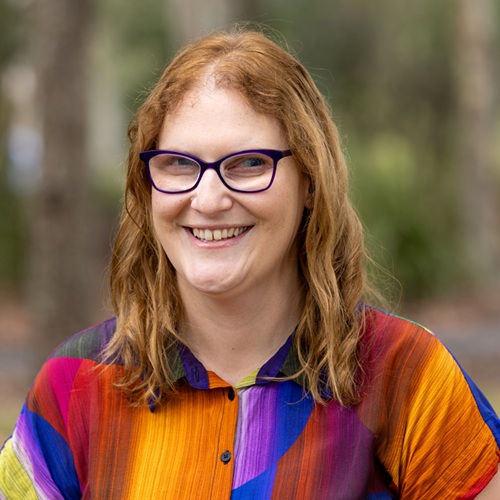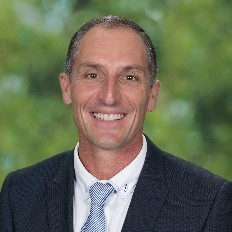ADCET UDL Symposium: Making the Potential of UDL a Reality - Challenging Barriers to Institution-Wide Adoption
In-person workshop
UDL holds significant potential for fostering equitable and inclusive learning environments in higher education. It is often proposed as an effective way to reduce reactive adjustments for individual disabled students by designing learning for all students from the outset. However, whether this potential can be realised depends on the institution-wide uptake of the UDL framework.
To consider what challenges are currently impeding the use of UDL, researchers undertook a mixed-methods study (under review) at a regional University, considering 113 teaching academics’ understanding and current use of UDL. Only 9.7% indicated they were very familiar with UDL, while a concerning 58.3% were either not very familiar or not at all familiar with UDL.
Academics identified time constraints and lack of resources; limited knowledge and awareness; technological and institutional barriers; and implementation challenges were currently influencing their ability to understand and apply UDL in their teaching. These results help to illustrate the factors that must be addressed before institution-wide uptake of UDL can be a reality.
As it is likely that similar barriers to UDL implementation exist across higher education institutions, this workshop presented these challenges for exploration with the view of identifying practical and effective ways to advance institution-wide adoption. The workshop focused on innovative ideas for incorporating UDL into teaching and learning.
Participants also worked to unpack the potential of UDL Guidelines 3.0, drawing on the greater focus of concentrating on the student as an active participant in designing, delivering and evaluating UDL. The workshop incorporated multiple means of engagement, representation and action, facilitating problem-posing dialogue, small group breakout discussions and contributions.
Presenters

Dr Katie Butler is a disabled community development practitioner, disability inclusion specialist and early career researcher. Her focus in research and practice is on improving organisational policy and practice for inclusivity while working directly within diverse communities to build empowerment and community connectedness. Dr Butler currently works as an Equity, Diversity and Inclusion Coordinator at the University of Newcastle.

Dr Carl Leonard convenes the suite of postgraduate special and inclusive education programs in the School of Education at the University of Newcastle. With over 30 years of experience in public education, he is a passionate advocate for equity, inclusion, and quality learning for all students. His expertise spans educational leadership, implementation science, universal design for learning, and special and inclusive education. Dr Leonard is committed to bridging research and practice to improve outcomes for diverse learners.
(June 2025)
Attachments
- Making the Potential of UDL a Reality Challenging Barriers to Institution-Wide Adoption Transcript (doc)
- Presentation: Making the Potential of UDL a Reality - Challenging Barriers to Institution-Wide Adoption (doc)
- Presentation: Making the Potential of UDL a Reality - Challenging Barriers to Institution-Wide Adoption (ppt 14MB)

